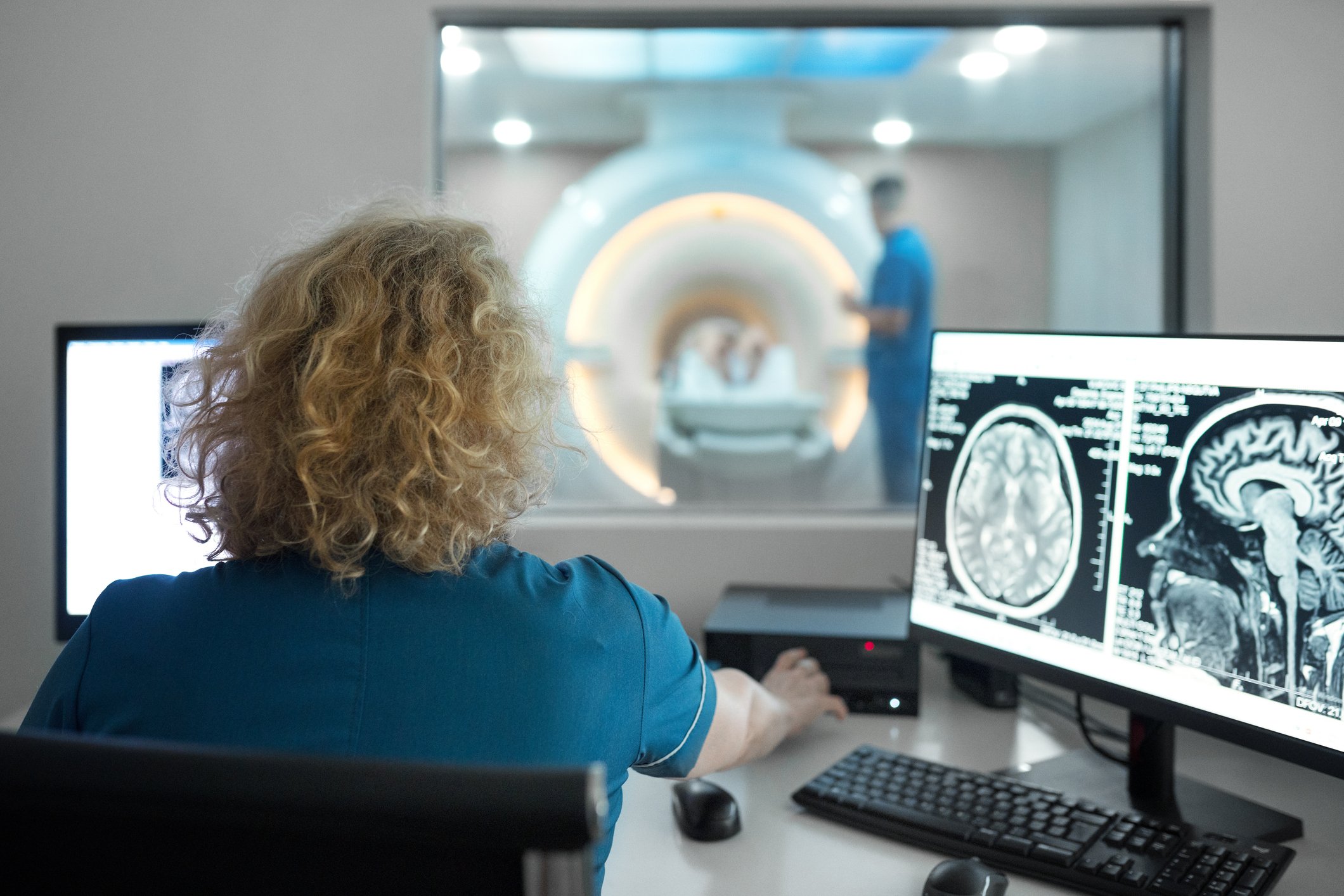The use of cannabis in medicine is the subject of controversial debate. Successes have been achieved in recent years, particularly in pain management. However, administration is also considered for epilepsy. An analysis has now systematically assessed the credibility and safety of associations between cannabis, cannabinoids and cannabis-based medicines and human health using observational studies and randomized controlled trials (RCTs).
(red) Cannabis contains over 100 cannabinoids, of which Δ9-tetrahydrocannabinol and cannabidiol are the most clinically relevant. Tetrahydrocannabinol is a partial agonist at CB1 and binds CB2 receptors. CB1 is widely expressed by central and peripheral neurons, but also by immune cells and other cell types in the brain and periphery, and when it combines with tetrahydrocannabinol, a so-called high is induced, which is responsible for potential abuse. CB2 receptors are also expressed by neurons, but to a lesser extent than CB1, and are most commonly found in immune cells. However, cannabidiol does not produce a high and therefore does not have the same potential for substance abuse. Furthermore, cannabidiol does not appear to promote psychosis-inducing effects.
After alcohol and tobacco, cannabis is the third most commonly abused substance. The prevalence of cannabis use disorder in the US is estimated to be around 6.3% lifetime and 2.5% past 12 months, and in Europe around 15% of 15-35 year olds report having used cannabis in the past year. One in three cannabis users developed problems related to cannabis use that impaired their ability to function. There is evidence that cannabis can be harmful to mental and physical health as well as to road safety. Conversely, cannabidiol was recognized more than a decade ago as a candidate for
The treatment of neurological diseases such as treatment-resistant epilepsy in children. In addition, it has been suggested that this substance could be useful for anxiety and sleep disorders and even as an adjunct therapy for psychosis. Cannabis-based medicines were also investigated as possible treatments for various diseases and symptoms.
Systematic evaluation of the study literature
The publication of meta-analyses examining the effects of cannabinoids on health and other outcomes has increased significantly. However, most meta-analytic results summarize data from observational studies and are susceptible to multiple sources of bias. To date, no overarching review has systematically assessed the evidence for cannabis, cannabinoids and cannabis-based medicines and health outcomes in humans from meta-analyses that include both observational studies and randomized controlled trials. The aim of one study was therefore to systematically assess the extent, quality, credibility and safety of the links between cannabis, cannabinoids and cannabis-based medicines and human health.
Focus on safety and effectiveness
For this purpose, 101 meta-analyses were included in the study. The RCTs, which were supported with high to moderate certainty, showed that cannabis-based medicines increased adverse events related to the central nervous system, psychological effects and vision in people with mixed disorders, but improved nausea/vomiting, pain, spasticity. Regarding the therapeutic potential of cannabis-based medicines, cannabidiol has been shown to have a positive effect on reducing seizures in certain forms of epilepsy in children and adults, including Lennox-Gastaut syndrome, Dravet syndrome and other forms of epilepsy. Cannabidiol increased the risk of diarrhea and somnolence, had no effect on sleep disturbances, but reduced seizures in various populations and measures, improved overall impression and quality of life. In multiple sclerosis, cannabinoids improved spasticity and pain, but increased the risk of dizziness, dry mouth, nausea and drowsiness.
All in all, it has been shown that cannabidiol is particularly effective in people with epilepsy. In addition, cannabis-based medicines are effective for people with multiple sclerosis, chronic pain, inflammatory bowel disease and in palliative care, but not without side effects. Thus, cannabis-based medicines could be a viable option for people with epilepsy, for chronic pain in various conditions, for muscle spasticity in multiple sclerosis, for nausea and vomiting in mixed clinical populations, and for sleep in cancer patients.
Source: Solmi M et al. Balancing risks and benefits of cannabis use: umbrella review of meta-analyses of randomized controlled trials and observational studies. BMJ. 2023; 382: e072348.
InFo NEUROLOGY & PSYCHIATRY 2024; 22(3): 24











